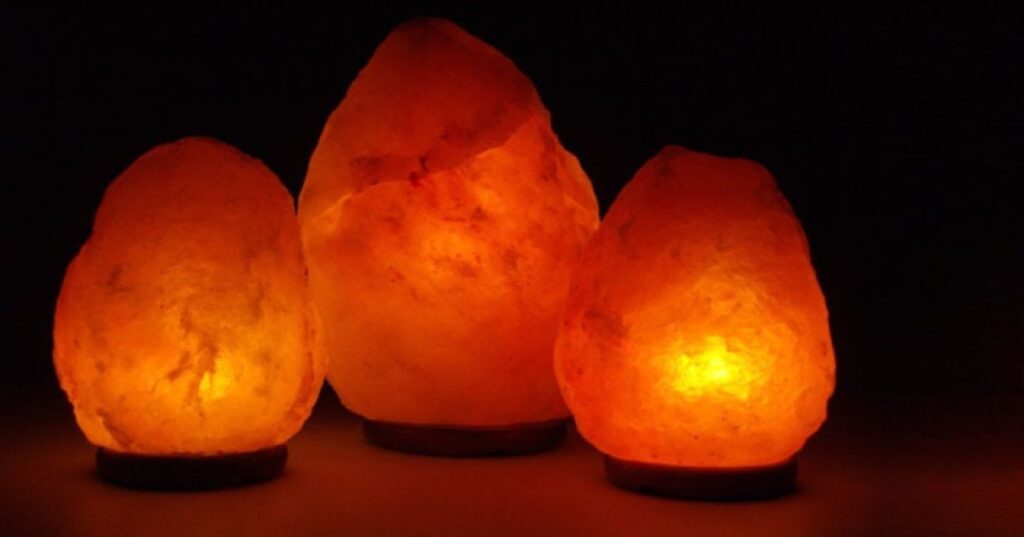Do you ever wonder if Herbal tea cause kidney stones? This question has sparked health concerns among tea lovers like yourself. At first glance, it might seem surprising to associate health concerns with something as seemingly wholesome as herbal tea. After all, herbal tea has long been celebrated for its therapeutic properties and the various ways it can support our well-being. But it turns out there’s more to the story.
In this article, we’ll explore whether herbal tea can cause kidney stones and uncover the truth behind the claims. Throughout this journey, we’ll explore the intricate relationship between herbal tea and kidney stones.
What Are Kidney Stones and How Are They Related to Herbal Tea Consumption?
Kidney stones, solid minerals, and salt deposits in the kidneys have been a topic of interest in herbal tea consumption. These formations arise from the interplay of compounds and minerals in urine, similar to the geological processes shaping rocks. Certain ingredients in herbal tea, like oxalate-rich herbs (e.g., spinach, rhubarb, and beetroot), can introduce high levels of oxalates into the body, which can bind with calcium and contribute to developing calcium oxalate stones.
The concentration of minerals, such as calcium and uric acid, in herbal teas may also disrupt the delicate balance in the urinary system and potentially contribute to stone formation. However, the relationship between herbal tea consumption and kidney stone development is multifactorial, influenced by factors such as an individual’s predisposition to stone formation, overall diet, hydration levels, and lifestyle choices.

Can Herbal Tea Cause Kidney Stones?
There is a growing curiosity surrounding the possible connection between herbal tea and the formation of kidney stones. Herbal tea, known for its therapeutic qualities, has gained popularity as a natural remedy. However, concerns have emerged regarding specific components in herbal tea that could contribute to the development of kidney stones.
One area of focus is oxalates, found in herbs like spinach, rhubarb, or beetroot. The most frequent kind of kidney stones, calcium oxalate stones, can be formed when these substances bond to calcium. Additionally, the mineral composition of herbal tea, such as elevated levels of calcium or uric acid, may disrupt the delicate balance in the urinary system, providing an environment conducive to stone formation.
You can also read: Can salt lamps cause headaches?
Can You Drink Tea When You Have Kidney Stones?
Yes, you can drink tea if you have kidney stones. However, some types of tea can affect the formation and management of kidney stones. If you have calcium oxalate stones, the most common type, it’s best to limit teas high in oxalates, like black tea, green tea, and oolong tea. These teas contain oxalates that can contribute to forming calcium oxalate stones. Herbal teas generally have lower levels of oxalates and may be a safer choice. It’s a good idea to talk to a healthcare professional or a dietitian who can give you personalized advice based on your specific condition and the type of kidney stones you have.
How to Balance Herbal Tea Consumption for Kidney Stone Prevention?
Some herbal teas include qualities that can lessen the likelihood of kidney stones forming. They promote hydration, flush out toxins, and support proper kidney function. However, not all herbal teas are suitable for this purpose. Identifying and choosing suitable herbal teas that specifically benefit your kidney health is essential.
Consultation with a Healthcare Professional
Before adding herbal teas to your routine, it’s a good idea to consult a healthcare professional, like a nutritionist or herbalist. They can assess your medical history, current health condition, and any risk factors for kidney stones. This personalized guidance will ensure that the herbal teas you choose are compatible with your unique circumstances, maximizing their effectiveness and minimizing potential risks.
Stay Hydrated
Proper hydration plays a crucial role in preventing kidney stones. It’s essential to drink plenty of water along with herbal tea consumption. Some herbal teas, like dandelion or parsley tea, have diuretic properties that can increase urine production. This facilitates the removal of waste materials and lowers the concentration of minerals that aid in the development of stones. However, it’s essential to drink herbal teas in moderation, as excessive diuretic tea consumption can lead to dehydration, electrolyte imbalances, and kidney strain.
Mindful Selection of Herbal Teas
Look for those that contain natural compounds with potential therapeutic effects on the urinary system. Nettle leaf tea, for example, may help reduce urinary stone formation, while chamomile tea has anti-inflammatory properties that can benefit the kidneys. Green tea and hibiscus tea have also shown promise in promoting kidney health. Remember to enjoy these herbal teas in moderation to prevent overconsumption.
Timing and Moderation
To get the most out of your herbal teas while minimizing risks, it’s important to practice moderation and consider the timing of consumption. Instead of consuming large quantities of herbal tea, spread your intake throughout the day. This ensures a consistent supply of beneficial compounds without overwhelming your kidneys. It’s also a good idea to avoid excessive herbal tea consumption before bedtime to prevent frequent trips to the bathroom that may disturb your sleep.
Monitoring and Adjusting
Taking a proactive approach to kidney health involves monitoring and adjusting your herbal tea consumption. Regularly assess any changes in your health, urine color, or the occurrence of symptoms related to kidney stones. If you notice any adverse effects or if your health condition changes, don’t hesitate to reach out to your healthcare professional. They can evaluate your herbal tea regimen and suggest adjustments based on your evolving needs.
Conclusion
The relationship between herbal tea consumption and kidney stone formation is complex and influenced by various factors. While certain ingredients in herbal tea, like oxalate-rich herbs, can contribute to the development of calcium oxalate stones, the overall impact of herbal tea on kidney stone formation is multifactorial and dependent on individual factors such as predisposition, diet, hydration levels, and lifestyle choices.
A healthcare expert should be consulted for specific advice. Moderation, proper hydration, mindful selection of herbal teas, and health monitoring are vital to balancing herbal tea consumption for kidney stone prevention.



